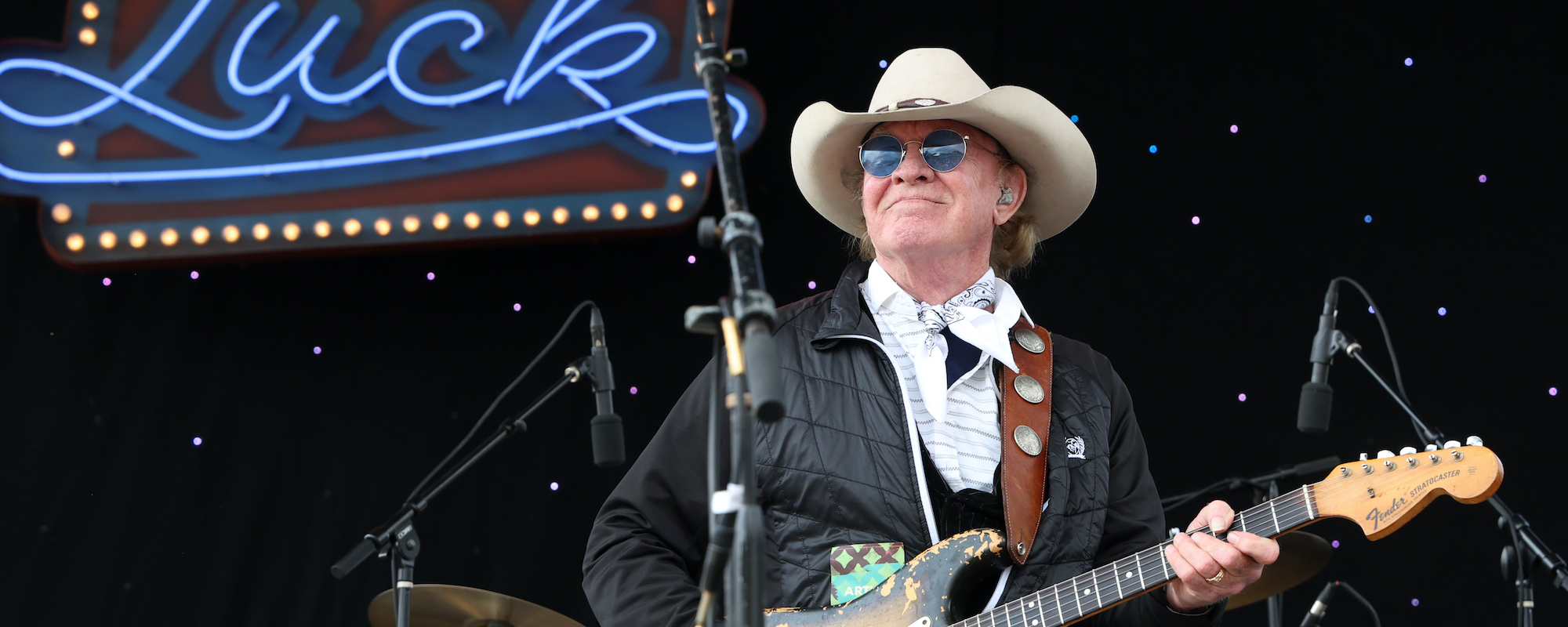On this day (May 23) in 1933, Jimmie Rodgers, the Father of Country Music, attended his final recording session. Two days later, he died from a pulmonary hemorrhage at the Taft Hotel after a years-long battle with tuberculosis. Rodgers was only 35 years old.
Videos by American Songwriter
Rodgers arrived in New York by ship to take part in a string of recording sessions at the RCA Victor studio. Before he could make his way into the studio, he had to rest for a few days, the trip and his failing health left him exhausted. When he finally made it to the studio, he had to sit in a chair, propped up by pillows to reach the microphone. Between takes, he lay on a cot to rest.
[RELATED: Behind the Death of Jimmie Rodgers]
The songs “Mississippi Delta Blues” and “Years Ago” were among the final songs the Singing Brakeman ever recorded.
Jimmie Rodgers: The Father of Country Music
Jimmie Rodgers held many jobs throughout his life. However, at his heart, he was always an entertainer. In fact, he had been playing music and singing for quite some time when he traveled to Bristol, Tennessee in 1927 to take part in the Bristol Sessions for the Victor Talking Machine Company. Led by producer Ralph Peer, Rodgers recorded “Sleep, Baby Sleep” and “The Soldier’s Sweetheart” in Bristol.
He would go on to be one of the best-selling artists in the early years of the commercialization of country music. His trademark yodel set him apart from other artists of the time. He wrote and recorded 13 “Blue Yodels” including “Blue Yodel No. 1 (T for Texas),” “Blue Yodel No. 8 (Mule Skinner Blues),” and “Jimmie Rodgers’ Last Blue Yodel (The Women Make a Fool Out of Me).”
“T for Texas” would go on to be covered by Johnny Cash, Dwight Yoakam, The Everly Brothers, and more. Rodgers, Dolly Parton, and Bill Monroe all found chart success with “Mule Skinner Blues.”
More than that, Rodgers’ style helped to inform generations of country musicians and helped to introduce the genre to the wider public. Without him, the Carter Family, and a handful of other artists who took country music from the hills to the recording studio, country music as we know it today may not exist.
Featured Image by Michael Ochs Archives/Getty Images













Leave a Reply
Only members can comment. Become a member. Already a member? Log in.